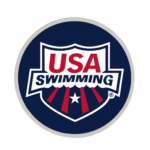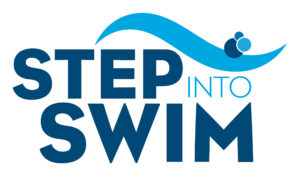
Frequently Asked Questions (FAQ)
Everything you need to know about T.A.S.A. and our swim programs.
General Questions
1. What is T.A.S.A., and what does it stand for?
T.A.S.A. stands for Triad Amateur Swim Association, a nonprofit organization dedicated to increasing access to swim education and water safety in Guilford and Forsyth Counties.
2. Who can participate in T.A.S.A.’s swim programs?
Our programs are open to children of all skill levels, especially those in underserved communities who may not have had access to swim lessons before.
3. Do you offer free or low-cost swim lessons?
Yes! T.A.S.A. provides affordable swim lessons to ensure that everyone has the opportunity to learn this essential life skill.
4. Where are the swim lessons held?
We partner with community pools, schools, and recreation centers throughout Guilford and Forsyth Counties. Locations are shared upon registration.
Swim Lessons & Training
5. What age groups do you serve?
We offer programs for:
- Youth (Ages 7-12) – Beginner to advanced swim instruction
- Teens (Ages 13-17) Overcoming water fear, stroke development, and fitness swimming
6. What safety certifications do your instructors have?
All T.A.S.A. instructors are certified lifeguards and swim coaches trained in:
✔ CPR/AED & First Aid
✔ Water Safety Instruction (WSI)
✔ Lifeguard Training
7. How long does it take to learn how to swim?
Each swimmer progresses at their own pace, but most participants show improvement in 6 to 8 lessons. Continued practice is encouraged for full proficiency.
8. Do you offer lifeguard training and certification?
Yes! We offer lifeguard certification courses, including:
- American Red Cross Lifeguard Certification
- CPR & First Aid Training
- Water Rescue Techniques
Getting Involved
9. How can I register for swim lessons or volunteer with T.A.S.A.?
- To register for swim lessons, visit our website TASAGSO.org and complete the online sign-up form.
- To volunteer, email us at [email protected] for available opportunities.
10. Why is it important for underserved communities to learn how to swim?
Drowning disproportionately affects minority and low-income communities due to limited access to swimming education. T.A.S.A. is committed to:
✔ Breaking barriers in aquatics
✔ Teaching life-saving water safety skills
✔ Increasing diversity in swimming and lifeguarding







